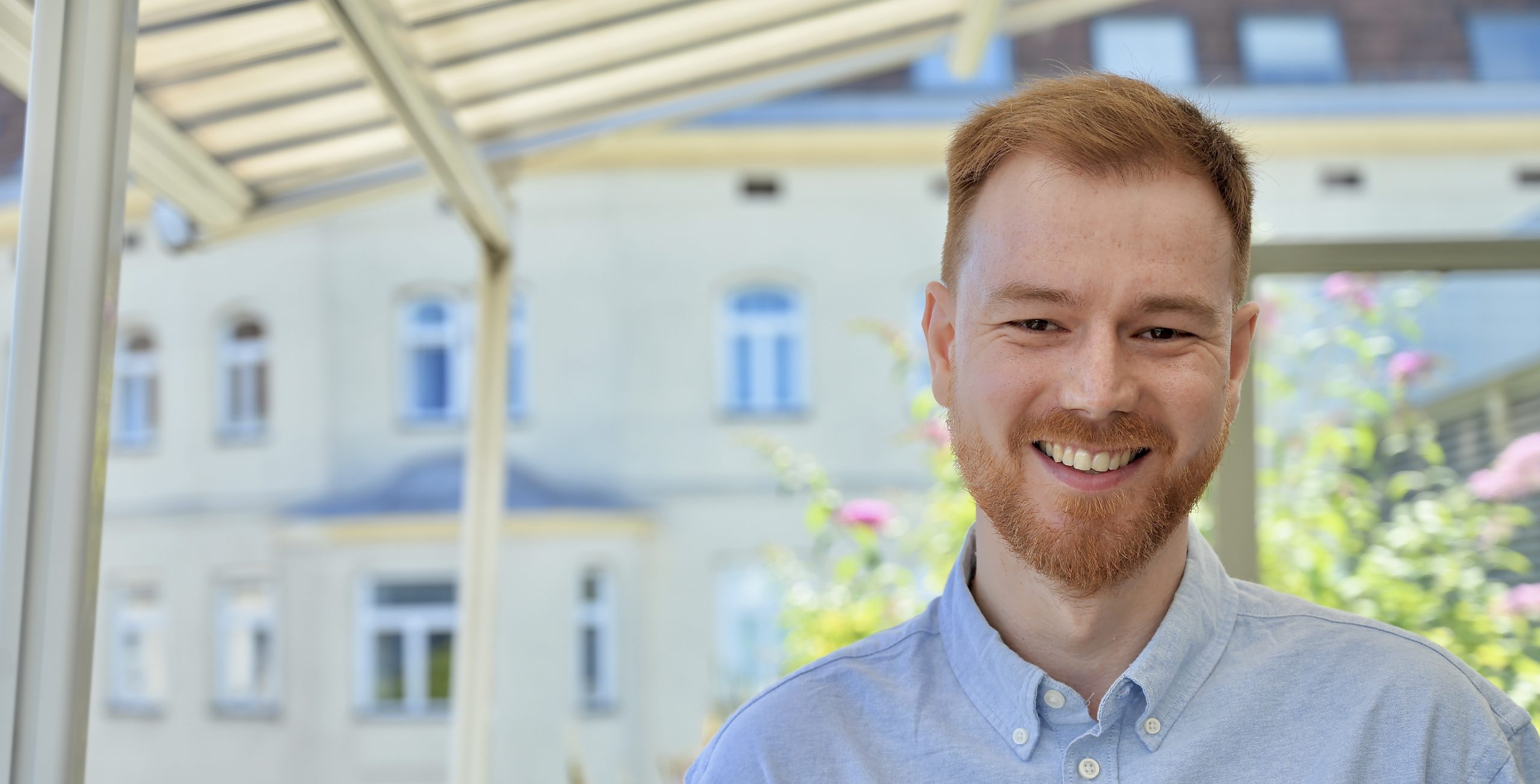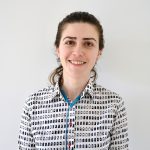Background
Cancers evolve through an evolutionary process and paediatric cancers are no exception. As cancer cells divide and form tumours, errors in DNA replication can create mutations which may change the fitness of a cell. Over time a game of “survival of the fittest” plays out and the cancer can develop new characteristics and become adapted to new challenges, such as treatment. The Cresswell group aims to understand this fundamental process in childhood cancer with a particular focus on large chromosomal alterations, using genomics, computational biology and modelling. We aim to use this understanding to develop biomarkers that are predictive of treatment response.
Our research
Paediatric cancers adapt and change as they develop. The genetic changes in the history of each cancer and its intrinsic ability to adapt are paramount to how it responds to medical intervention.
We believe that understanding this process is fundamental for learning how cancers have originated and how they may behave in the future. By reconstructing the phylogenetic history of tumours, we can learn what key changes were required to allow them to diverge from their normal progenitors, as well as resolving the “evolvability” of the cancer population. We will study ways to measure this ability to adapt as well as the mutational processes that fuel evolution by combining whole genome sequencing, phylogenetic analysis and computational biology.
Chromosomal instability
All cells are susceptible to producing mutations as they divide. Adult cancers often accumulate a large burden of single nucleotide variations (SNVs) acquired over decades due to intrinsic defects in cells as well as external mutagens, e.g., tobacco smoke. Most of these mutations are “passengers” and form the genetic background of cancer clones that sweep through the population. Contrastingly, paediatric cancers have evolved in a short time and are rarely exposed to external mutagens, therefore they do not typically present with a large burden of SNVs. Nevertheless, paediatric cancer genomes can be dramatically altered by mutational events in which chromosomes, or regions of chromosomes, are duplicated or deleted. These changes are more commonly found in aggressive paediatric cancers and may contribute to treatment resistance. Specifically, paediatric cancer cell populations with a diverse range of chromosomal alterations may be more adaptable to new conditions, such as new metastatic sites or therapy. We will use our expertise in detecting these changes to determine their role in cancer evolution, in order to shed light on the development of genomic plasticity in childhood cancers.
Cancer genomics and computational methods
We primarily aim to study the mutational processes and chromosomal instability in paediatric cancer using genome-wide assays such as whole genome sequencing. We use state-of-the-art computational analysis to quantify these altered genomes and relate them to their phylogenetic history. The group aims to develop improved methods to detect patterns of chromosomal instability, as well as using machine learning to improve the detection of important genome alterations.
Links
Selected Articles
About George Cresswell
After studying Biochemistry at the University of Manchester (UK), George entered a CRUK PhD studentship at the London Research Institute in 2013. During this time, he studied the clonal evolution of paediatric kidney tumours. After graduating in 2017, after the institute had merged into the Francis Crick Institute, he joined the lab of Prof. Andrea Sottoriva at the Institute of Cancer Research (ICR, London, UK) as a Postdoctoral Training Fellow. Here he continued to study cancer evolution using computational analysis, but instead focused on common adult cancers such as breast, colorectal and prostate. In 2022 he moved to the lab of Prof. Trevor Graham, who had recently joined the ICR, to study chromosomal alterations in inflammatory bowel disease (IBD). He joined the CCRI in June 2023 as a Principal Investigator. Whilst researching multiple cancer types, both adult and paediatric, George has focused on the evolutionary dynamics of cancer using genomics and computational analysis. Specifically, he has specialised in the role chromosomal alterations play in cancer evolution.


